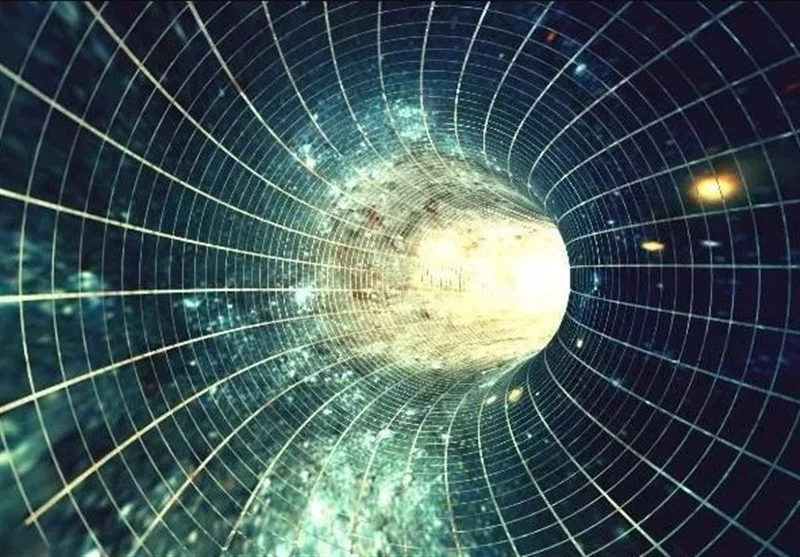Though time travel has yet to be achieved to the best of our knowledge, scientists are fascinated by the idea that it is theoretically possible.
Moving through time poses many challenges to the fundamental laws of the universe, as depicted in movies like The Terminator, Donnie Darko, Back to the Future, and many others.
For example, if you travel through time and prevent your parents from meeting, how can you exist to travel through time in the first place?
The "grandfather paradox" is a major puzzle, but last September, Germain Tobar, an Australian physics student, said he had figured out how to "square the numbers" to make time travel possible without the paradoxes.
According to classical dynamics, knowing the state of a system at a given moment can provide information about the system's entire history, Tobar said in September 2020.
"However, Einstein's theory of general relativity predicts the existence of time loops or time travel - where an event can be both in the past and future of itself - which theoretically turns the study of dynamics on its head."
The calculations show the possibility of space-time self-adapting to avoid paradoxes.
Imagine a time traveler going back in time to prevent the spread of a disease. If the mission is successful, the time traveler will have no disease to fight in the future.
According to Tobar's research, the paradox would be resolved if the disease still managed to find a way to spread via a new pathway or technique. No matter what the time traveler accomplished, the disease would still exist.
Tobar's work is difficult for non-mathematicians to understand, but it examines how deterministic processes - without any randomness - affect any number of regions in the space-time continuum, and shows how closed time-like curves - as predicted by Einstein - can be consistent with both classical physics and the laws of free will.
"The math checks out - and the results are the stuff of science fiction," said University of Queensland physicist Fabio Costa, who supervised the research.
The latest study clears up the issue with another theory that time travel is possible, but with restrictions to avoid paradoxes. In this hypothetical scenario, time travelers are free to do as they please, but paradoxes are impossible.
The time machines that scientists have created so far are so high concept that they currently exist only as equations on paper. Although the math may work, actually bending space and time to go back in time remains elusive.
Stephen Hawking believed it was possible, so we might get there someday. If we did, this new study says, we would be free to change the past any way we wanted because it would adjust itself accordingly.
"Try as you might to create a paradox, events will always adjust themselves to avoid any inconsistency," Costa says. Our discovery of a variety of mathematical techniques shows that free will time travel is logically consistent with our reality and presents no paradoxes.
